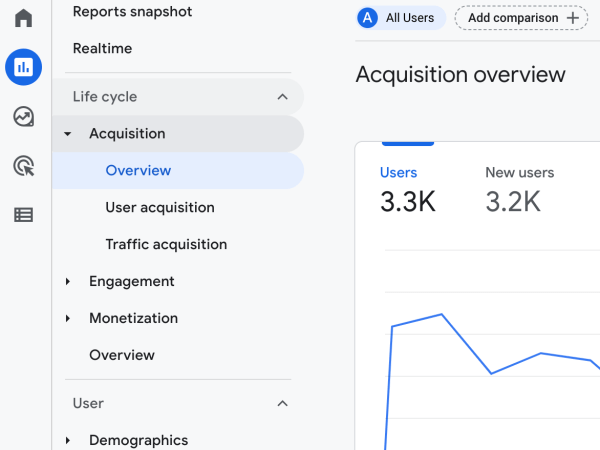What is Google doing?
Google has announced starting April 21st, 2015, they will favorably rank websites which are optimized for mobile devices. See Google's announcement.
If you'd like to find out if your site will gain or lose Google search rankings then you can test your site here on the Google Mobile-Friendly Test website.
Why is Google doing this?
Because more people are now using mobile devices to access content on the web than either laptops or desktops. Thus, it stands to reason the best search results would be those which lead to mobile-friendly sites, providing the mobile user with a good experience (UX).
I'm sure we all know how frustrating it is to have to continually zoom in and out on a mobile device just to read the content on a website's pages, let alone try to interact with the page elements (check boxes, submit buttons, checkout buttons, etc.). From the very beginning of the web, sites were responsive by nature. It was web designers who started to put things in fixed-sized containers in an effort to ensure the user saw their masterpiece of website work in all its glory. Remember designing for 800x600 screen resolutions? What about when 1024x768 took the majority share? Everybody increased the size of their designs to be “optimized” for the new, most common screen resolution. Screens got bigger and bigger, then smartphones came along and, suddenly, everything was smaller again. Now, we have bigger smartphones, tablets, phablets, laptops, desktops, smart tv’s, etc. All these devices have different screen sizes and are used in different ways. Not only is it far from best practices to design for a specific, most popular screen size; it's impossible to assure your 'optimally designed' site remains so for any length of time, given the regularity with which a 'most common' screen size changes. Yet that is what the majority of websites still do. What this, typically, means is if you are on a mobile device then you have to pinch and zoom your way through the content to find what you want.
Frankly, that just won't happen. Your potential visitor will, very quickly, abandon using your site and locate a competing site with a better UI. What's worse, that visitor will make a mental note not to waste time visiting your site again, since they cannot easily locate what they want. Furthermore, that visitor will make a mental note (or (worse for you) a bookmark on their device!) of that competing site, knowing they can easily find what they want there. Convincing them to return and try your site again is infinitely more difficult than having the proper responsive structure in place to keep them from going elsewhere.
Who will this affect?
Everyone, either positively or negatively. If you have a responsive site then you will get favorable results. If you do not have a responsive site then you will be penalized and your organic search engine results will suffer.
What is Responsive Web Design (RWD)?
Responsive web design is a series of techniques which are used to ensure content is reflowed to fit the constraints of the device on which it is viewed. Ethan Marcotte coined the term “responsive web design” in the now famous article titled “Responsive WebDesign”, on A List Apart (http://alistapart.com/article/responsive-web-design). Ethan defined it to mean the use of three things; a fluid grid layout, flexible images, and CSS media queries.
Luke Wroblewski (http://www.lukew.com) popularized the “mobile first” movement which uses progressive enhancement, rather than graceful degradation, to further deliver an optimized experience for all users.
What should you do?
Get a responsive website!
Here at Thinkbean we have been touting the many benefits of a mobile first approach to responsive Drupal websites since 2012. It is all we do - every Drupal website we build is mobile first and responsive.
If you have a Drupal website which needs to be made mobile friendly then please contact us to see how we can help make it happen.
- Log in to post comments



